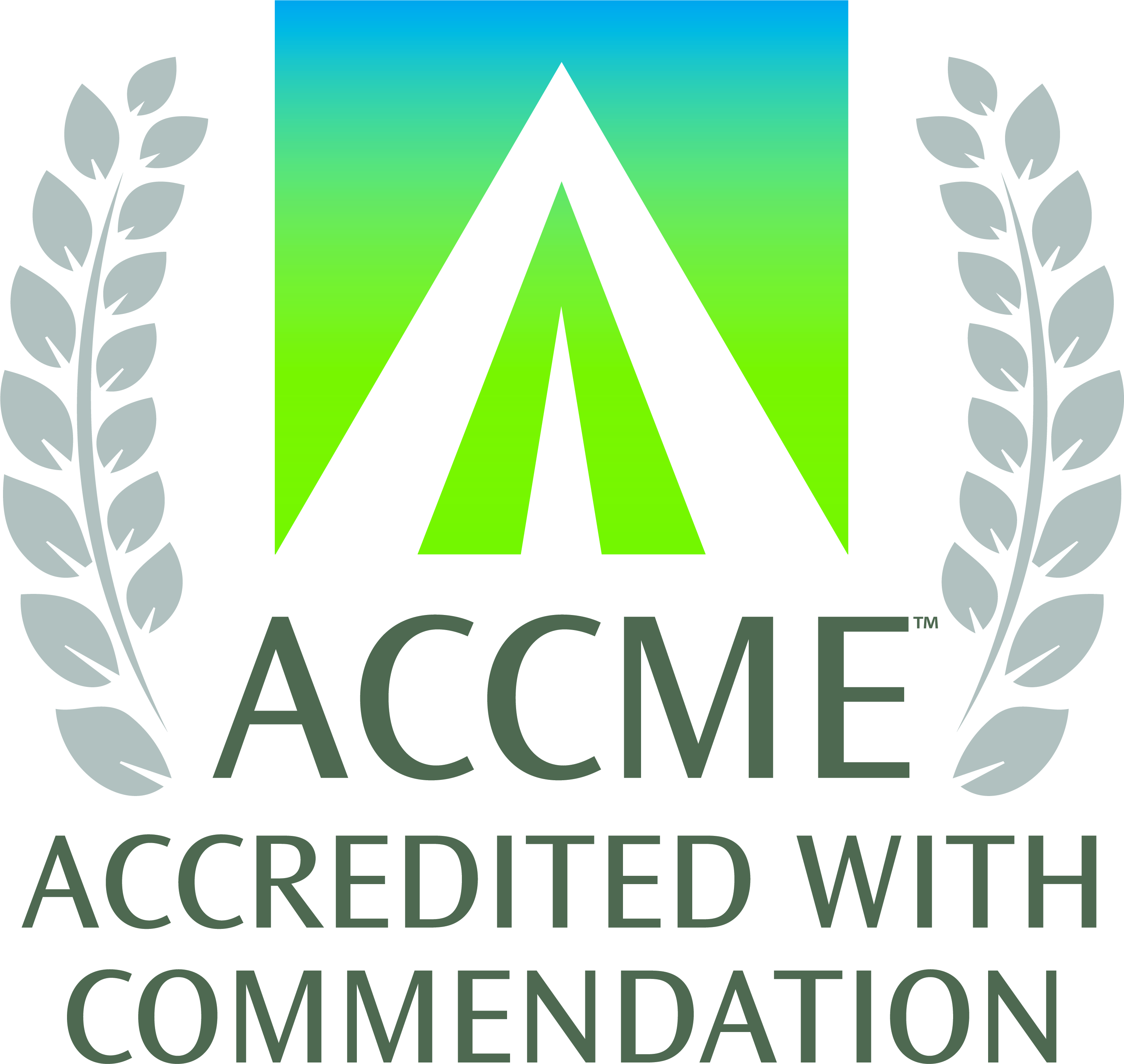A "We" Issue: The Effects of Infertility on the Mental Health of the Couple
| Registration |
|---|
Before enrolling in this educational activity, you must log in or create an account. Once you register for the course, you will have 30 days from the date of enrollment to complete the course. The date your access expires will be indicated in the Course Summary box on this webpage. |
Target Audience
Healthcare professionals.
Purpose
The purpose of this activity is to inform health professionals of the effect that infertility and fertility treatment have on the mental health of both individuals involved in the process. By highlighting and informing future patients, therapeutic treatment can be offered to improve fertility outcomes and maintain the health of the individuals and their relationship with each other. Various studies have highlighted how increasing mental disorders among females are often overlooked by providers when struggling with infertility. Acknowledging the problem and providing positive, supportive measures to females with infertility ensure more positive outcomes during the therapeutic process.
Educational Need
Practice gaps that will be addressed are the importance of starting the conversation and making patients aware of the possible mental health side effects of infertility. For example, when studying a population of 112 women treated for infertility, mental disorders were diagnosed in 40.2% of patients. We must inform patients that seeking mental health resources does not make them weak. It can also impact the outcome of infertility in some cases. The study cited, which compared the effect of depressed mood stabilization before infertility treatment on the effect of infertility therapy, has confirmed that psychiatric help was a factor that multiplied the percentage of obtained pregnancies. Unsuccessful infertility treatment could potentially be an independent risk factor for the development of psychiatric disorders, such as psychotic and addiction disorders. Close the gaps to inform women and their partners to care for themselves so they can care for their future families.
Learning Objectives
- Define infertility.
- Discuss the psychological effects infertility has on mental health.
- Recognize social determinants of health affecting individuals during their infertility journey.
- Highlight the importance of patient education in terms of the psychological effect that infertility can have on the individual and the couple's relationship.
Speaker
Megan Pederson
Physician Assistant Student, Des Moines University Medicine and Health Sciences
Faculty Advisor
Heather Opesth, MPAS, PA-C
Assistant Director, Master of Science in Physician Assistant Studies Program, Des Moines University Medicine and Health Sciences
Ms. Opesth has reviewed the slides for completeness, clinical accuracy, and recommended action.
Terms of Use and Privacy Policy
Recording date: April 15, 2024
Date of original release: April 15, 2024
Most recent review/update: April 15, 2024
Termination date: April 14, 2027
Accreditation Statements
- MD: This activity has been planned and implemented in accordance with the accreditation requirements and policies of the Iowa Medical Society (IMS). Des Moines University Medicine and Health Sciences (DMU) is accredited by the IMS to provide continuing medical education for physicians. DMU designates this enduring materials activity for a maximum of 0.25 AMA PRA Category 1 Credit(s)™. Physicians should only claim credit commensurate with the extent of their participation in the activity.
- DO: Des Moines University Medicine and Health Sciences (DMU) is accredited by the American Osteopathic Association (AOA) to provide osteopathic continuing medical education for physicians. DMU designates this activity for a maximum of 0.25 AOA Category 2-B credits and will report CME and specialty credits commensurate with the extent of the physician’s participation in this activity.
- Other Healthcare Professionals: This enduring materials activity is designated for a maximum of 0.25 AMA PRA Category 1 Credit(s)™.
 |  |
Educational Grants
No ineligible company provided financial support for this continuing education activity.
Disclosures
The planning committee member(s) and speaker(s) will disclose if any pharmaceuticals or medical procedures and devices discussed are investigational or unapproved for use by the U.S. Food and Drug Administration (FDA). The activity director is responsible for determining educational content and selecting speakers.
Relevant to the content of this educational activity, the following individual(s) have no conflict(s) with ineligible companies to disclose.
- Megan Pederson - Speaker
- Heather Opseth, MPAS, PA-C - Faculty Advisor and Content Reviewer
Disclaimer
The information provided in this activity is for continuing education purposes only. It is not a substitute for a healthcare provider's independent medical judgment regarding diagnostic and treatment options for a specific patient's medical condition.
Available Credit
- 0.25 AMA PRA Category 1 Credits™
- 0.25 AOA Category 2B
- 0.25 CE Contact Hour(s)

 Facebook
Facebook X
X LinkedIn
LinkedIn Forward
Forward